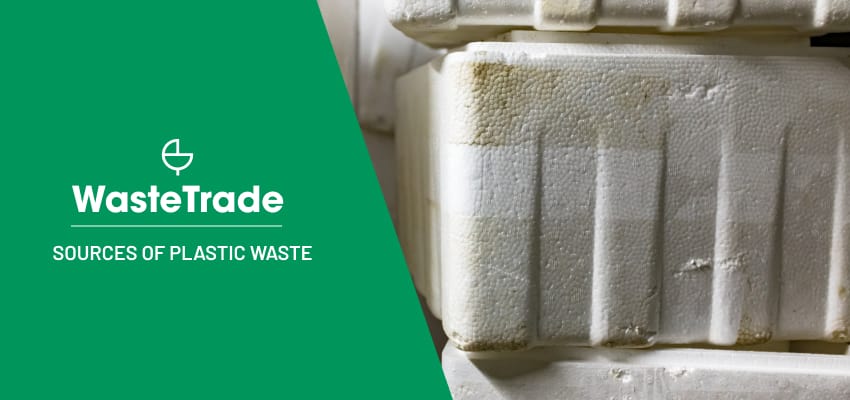Sources of Plastic Waste

Plastic waste has become a major environmental concern in recent years. It is estimated that around 8 million tonnes of plastic waste are dumped into the ocean each year, causing harm to marine life and ecosystems. While efforts are being made to reduce plastic waste, it is important to understand the sources of plastic waste in order to tackle the problem effectively.
Manufacturing

The manufacturing process of plastic products generates a significant amount of plastic waste. During the production of plastic goods, excess plastic is often produced that cannot be used, resulting in waste. Additionally, plastic products that do not meet quality standards or are deemed defective are often discarded, adding to the plastic waste problem.
Packaging
Packaging is a major contributor to plastic waste. Plastic packaging is used for a wide range of products, including food, electronics, and household items. The convenience and affordability of plastic packaging has led to its widespread use, but it also means that plastic waste from packaging makes up a large portion of overall plastic waste.
Single-use items

Single-use plastic items such as straws, cutlery, and coffee cups are a significant source of plastic waste. These items are designed to be used once and then discarded, but they often end up in landfills or the ocean where they can take hundreds of years to break down. Alternatives such as reusable items and biodegradable materials are being explored as a way to reduce the amount of plastic waste generated by single-use items.
Textiles
Synthetic textiles such as polyester and nylon are made from plastic and contribute to plastic waste. These materials are often used to make clothing and other textiles, which can end up in landfills or the ocean when they are no longer wanted. As the fashion industry continues to grow, the amount of plastic waste generated by textiles is also increasing.
Construction
The construction industry is a significant source of plastic waste. Plastic pipes, wiring, and insulation are commonly used in construction, and the disposal of excess or damaged materials can contribute to plastic waste. Additionally, the demolition of buildings can also result in large amounts of plastic waste.
Conclusion
Plastic waste is a complex problem that requires a multifaceted solution. By understanding the sources of plastic waste, we can begin to take steps to reduce it. This may involve reducing the use of single-use items, promoting recycling and the use of biodegradable materials, and encouraging industries to find ways to reduce plastic waste at the source. It is important that we take action to address the plastic waste problem in order to protect our environment and the health of our planet.
